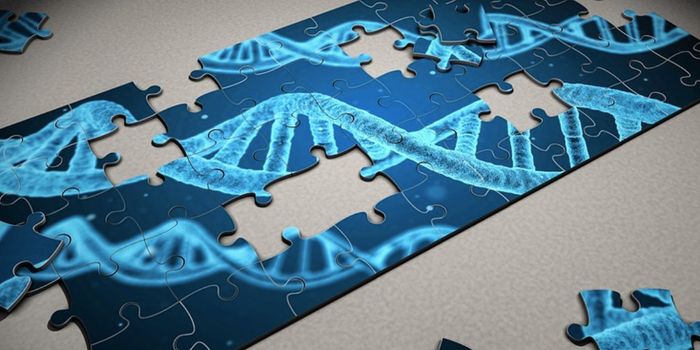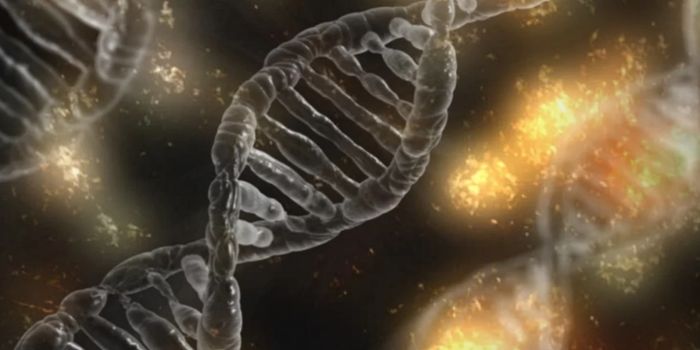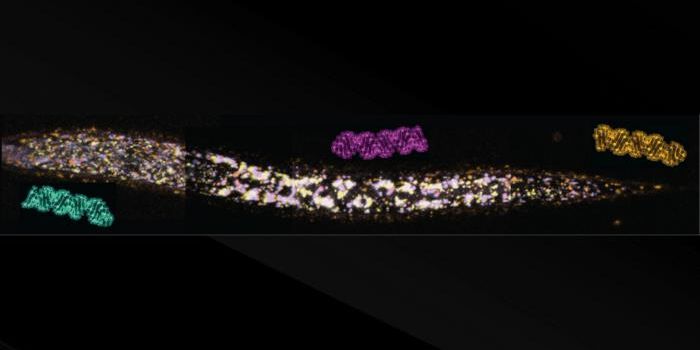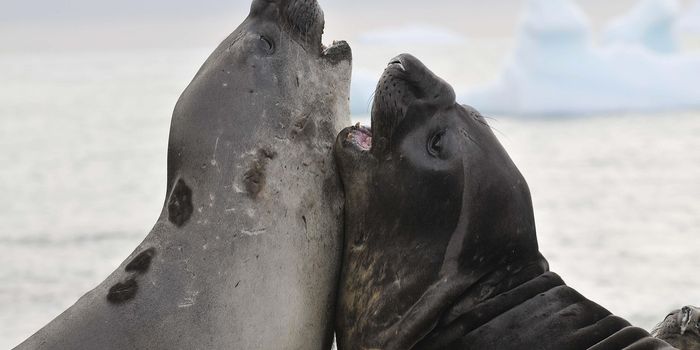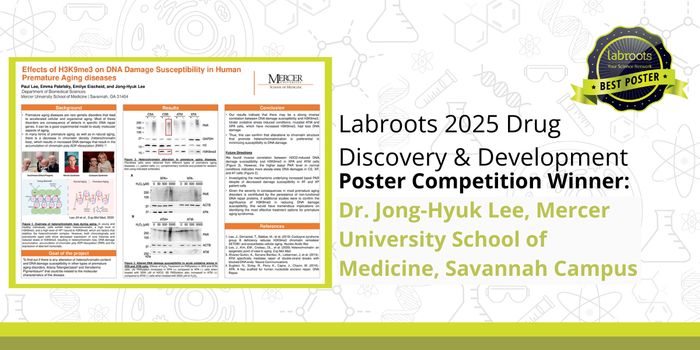A Mysterious Ancestor of Humans May Lurk in Some Modern Genomes
Modern humans are exclusively Homo sapiens, but at one point, other related species were also present in the world. Neanderthals are one of those groups. We know that our ancient ancestors moved out of Africa and mingled with Neanderthals, interbreeding, and integrating some Neanderthal genes into what would become the Homo sapiens genome.
There are some people living now that still carry DNA from those Neanderthals as well as other ancient hominid groups like the Denisovans. Denisovans may have still lived in New Guinea as recently as 15,000 years ago.
Researchers have now analyzed samples of ancient genomes and have identified yet another archaic ancestor that contributed material to the human genome. Their work, which was published in PLOS Genetics, also suggests that various branches of our human family tree have undergone multiple interbreeding events.
In this work, the scientists developed an algorithm to identify segments of the genome that originated in other species. The algorithm was meant to find those sequences even if they were integrated from an unknown source thousands of years ago. They applied the tool to genetic material that came from two African humans, two Neanderthals, and a Denisovan.
The computational research indicated that about three percent of the Neanderthal genomes came from humans in the ancient world during interbreeding that probably happened between 200,000 and 300,000 years ago. About one percent of the Denisovan's genome likely originated in an unknown, distant relative, which may be Homo erectus. Modern humans may still be carrying portions of these so-called super-archaic regions, about 15 percent of which might have been passed on.
"The study was reported by Melissa Hubisz and Amy Williams of Cornell University and Adam Siepel of Cold Spring Harbor Laboratory.
"What I think is exciting about this work is that it demonstrates what you can learn about deep human history by jointly reconstructing the full evolutionary history of a collection of sequences from both modern humans and archaic hominins," said Siepel. "This new algorithm that Melissa has developed, ARGweaver-D, is able to reach back further in time than any other computational method I've seen. It seems to be especially powerful for detecting ancient introgression."
The algorithm could be useful in other studies that investigate species in which the interbreeding has happened, like wolves and dogs.
Sources: AAAS/Eurekalert! via PLOS, PLOS Genetics


